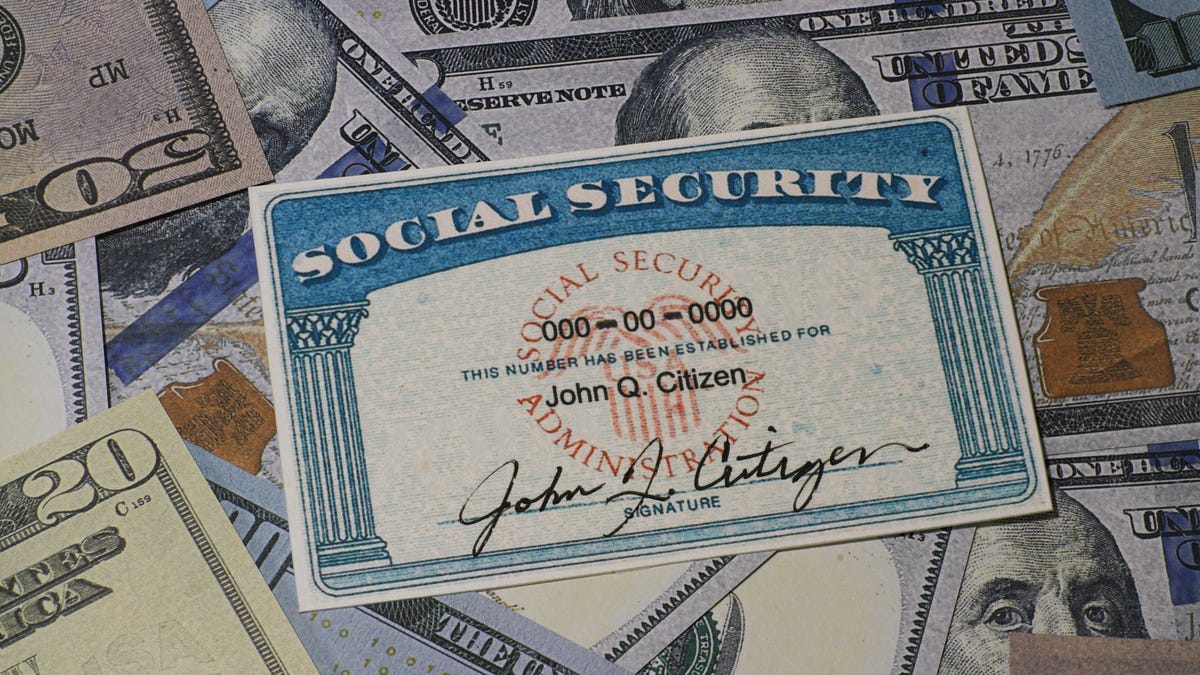Social Security Cheat Sheet: What You Need to Know About Benefits, Checks and Taxes
Take a deep dive into all the details of Social Security and related benefits programs.

In 2024, the Social Security Administration provides benefits to about 68 million people each month.
Social Security -- a shorthand term for Old-Age, Survivors, and Disability Insurance (OASDI) -- is a US federal government program that provides money for retirement benefits, survivor benefits and income for disabled people. Established in 1935 by the Social Security Act and President Franklin Roosevelt, the program has been distributing benefits for more than 84 years.
The Social Security Administration sends out batches of payments every month to senior citizens, Social Security Disability Insurance (SSDI) recipients and people who receive Supplemental Security Income. But if you receive more than one of these payments, it can get tricky. And if you've never gotten Social Security benefits before, you might have a lot of questions.
To guide you through some of the ins and outs of Social Security -- from what you need to know before you retire to when your money will arrive -- CNET has compiled this cheat sheet so you can learn all the details.
When will I receive my Social Security checks?
Whether you're a new Social Security beneficiary or you've been receiving benefits for decades, being prepared for your check to arrive each month is a must. Your payment date depends on your birthday and when you started receiving benefits. Every month, these Social Security articles are updated to include the exact dates when the Social Security Administration will disburse your payment.
- Social Security 2024: When to Expect Your Check
- Social Security Disability Insurance 2024: When to Expect Your Check
Knowing when your Social Security check will arrive is essential for budgeting.
How do I apply for Social Security benefits?
There are several different types of benefits you can receive from the Social Security Administration and similar federal programs. Here's what they are and how to apply.
- How to Apply for Social Security Disability Benefits
- Can I Receive Supplemental Security Income if I'm not a US Citizen?
- How to Apply for Supplemental Security Income
- Social Security Benefits for Children: Who's Eligible, How to Apply and Payment Dates
- Temporary Assistance for Needy Families: How to Apply for TANF in Your State
What should I know about Social Security if I'm not retiring soon?
Preparing for Social Security is important, regardless of how close you are to retirement. It's never too early to learn about how your benefits will work once you're ready to begin collecting them. Workers who have paid into the Social Security system for at least 10 years can start receiving benefits at age 62, but if you wait until 70, you'll get more money in your monthly payments.
- Social Security Money: Know This Before You Retire
- The Maximum Amount of Social Security You Can Receive Each Month
- How to Determine the Best Time to Start Collecting Social Security
- The Truth About Social Security: We Have to Plan for the Unpredictable
- Pause Your Social Security Benefits to Potentially Get a Larger Payment Later. Here's How
- Social Security Benefits Could Drop by 20% by 2032, Government Report Says
What else should I know about Social Security?
Aside from Social Security benefits, knowing important information about your Social Security number and card can help prevent future mishaps. For instance, if you need a replacement Social Security card or need to know who it's OK to share your SSN with, we can help. Your Social Security income might also be taxable, but not necessarily.
- Do I Have to Pay Taxes on Social Security Benefits?
- Can't Find Your Social Security Card? Here's How to Request a New One
- When Is It Safe to Share Your Social Security Number?
- What Happens When I Get a Social Security Overpayment Notice?
- Can You Change Your Social Security Number?
- How to Contact the Social Security Administration
How is Medicare related to Social Security?
Medicare insurance in the US is available for those age 65 or older, or certain people with disabilities. The program is designed to help with the cost of health care and prescription drugs. Whether you're enrolled in Medicare now or plan to enroll in the future, it's good to brush up on how it works.
- Do You Have to Enroll in Medicare at 65?
- Medicare Cost Changes for 2024: How Much Will Part A, B and D Cost?
For additional health insurance information, here's what to know about Affordable Care Act health plans and how to save on health care if you don't have insurance.



